When it comes to nourishing our bodies, the age-old debate between supplements and whole foods continues to spark conversations. Both avenues offer distinct advantages, and the choice between them can be perplexing. To navigate this landscape effectively, it's crucial to understand the benefits and downsides of each. Let's explore the options and guide you through the process of making an informed choice that best suits your needs.
The Importance of Nutrition
Nutrition is the cornerstone of a healthy life. It provides our bodies with the essential elements required to function optimally. The debate between supplements and whole foods centers on how to best obtain these vital nutrients.
Benefits of Whole Foods
Natural Nutrient Content
Whole foods, such as fruits, vegetables, and lean proteins, offer a plethora of essential nutrients in their natural state. This includes vitamins, minerals, fiber, and antioxidants that are easily absorbed by the body.
Fiber and Digestive Health
Whole foods are rich in dietary fiber, promoting good digestion and a sense of fullness. They also support a healthy gut microbiome, contributing to overall well-being.
Balanced Nutrient Profile
Whole foods contain a balanced combination of nutrients. This variety is essential for maintaining the body's delicate equilibrium, ensuring all necessary components are available.
Benefits of Supplements
Convenience and Accessibility
Supplements come in various forms, including pills, powders, and liquids, making them convenient for those with busy lifestyles. They are also widely available and easy to carry.
Targeted Nutrient Intake
Supplements allow for precise control of nutrient intake, which can be beneficial for individuals with specific deficiencies or dietary restrictions.
Purity and Quality
Reputable supplement brands often provide high-quality products, ensuring purity and accurate dosages. This can be reassuring for those who want consistency in their nutrient intake.
Downsides of Whole Foods
Time and Preparation
Whole foods may require time-consuming preparation and cooking, which can be a challenge for those with busy schedules.
Limited Nutrient Variety
While whole foods offer a wide range of nutrients, it may still be challenging to get all required nutrients from food alone.
Seasonal Availability
Some whole foods are seasonal, making it difficult to access them year-round.
Downsides of Supplements
Lack of Whole Nutrition
Supplements may lack the complex synergy of nutrients found in whole foods. Isolating a single nutrient may not provide the same health benefits as obtaining it from natural sources.
Potential for Overdose
Taking excessive amounts of certain supplements can be harmful. This risk is not present when obtaining nutrients from whole foods.
Quality and Regulation Concerns
The supplement industry is vast, and not all products meet the same quality standards. It's essential to choose reputable brands and consult with healthcare professionals.
Making an Informed Choice
Choosing between supplements and whole foods should be based on individual needs and circumstances. Here are some tips for making the right choice:
- Evaluate your diet and nutritional gaps.
- Consult with a healthcare professional or nutritionist.
- Consider a balanced approach, incorporating both whole foods and supplements when necessary.
Conclusion
In the debate between supplements and whole foods, there is no one-size-fits-all answer. Both have their merits and drawbacks. The key is to find a balance that meets your specific needs. Whether you prefer whole foods or opt for supplements, prioritizing your health and well-being is the ultimate goal.
Unique FAQs
- Can I rely solely on supplements for my nutritional needs?
- While supplements can provide specific nutrients, it's generally recommended to obtain most of your nutrients from whole foods to ensure a well-rounded diet.
- What are some common nutrient deficiencies that supplements can address?
- Common deficiencies include vitamin D, vitamin B12, and iron, but it's essential to get a professional assessment for personalized recommendations.
- Are there any risks associated with taking too many supplements?
- Yes, excessive intake of certain vitamins and minerals can lead to adverse effects. Always follow recommended dosages and consult with a healthcare professional.
- How can I ensure the quality of the supplements I purchase?
- Look for reputable brands that undergo third-party testing for quality and purity. Consult online reviews and, if in doubt, seek guidance from a healthcare professional.
- Is there a specific time of day when it's best to take supplements?
- The timing of supplement intake can vary depending on the nutrient. Some are best taken with meals, while others are more effective on an empty stomach. Refer to the product's instructions or seek guidance from a healthcare professional.






